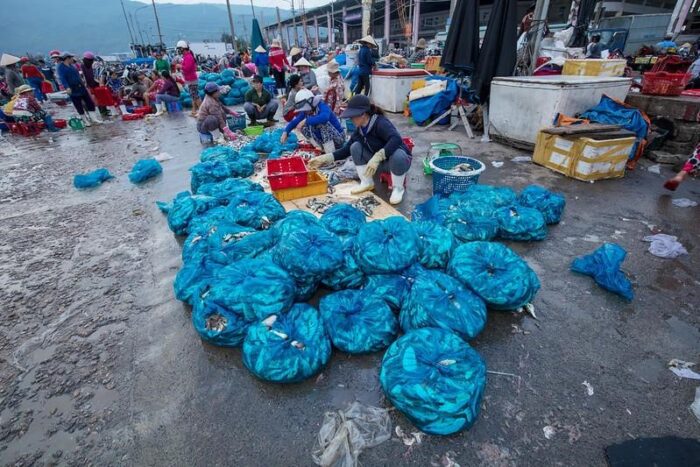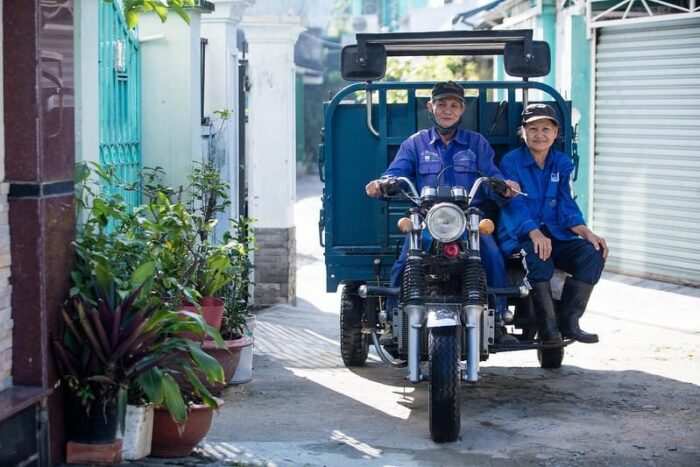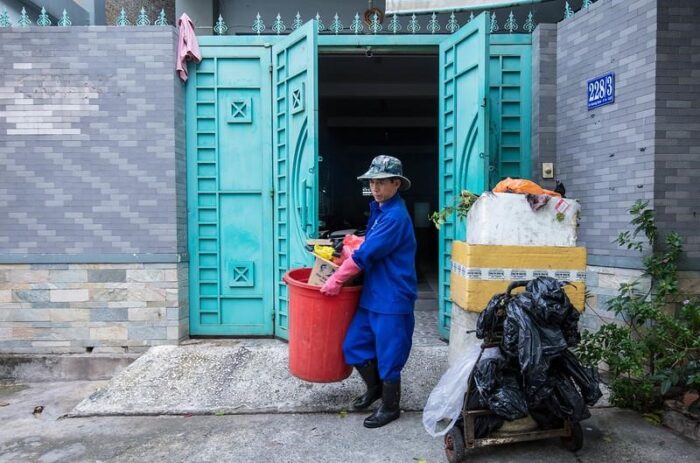USAID Works to Curb Ocean Plastics in Vietnam and #ProtectOurHome this World Oceans Day
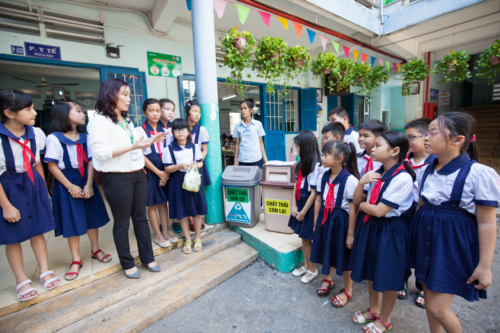
Plastic consumption in Vietnam has risen steadily over the last two decades and Vietnam is among the top five source countries for the eight million tons of plastic dumped into the ocean each year. With each person generating an average of over 41 kilograms (90 pounds) of plastic waste each year, Vietnam stands as the third largest per capita producer of plastic waste in Southeast Asia, just behind Thailand and Malaysia. As a result of this rising pattern, Vietnam’s urban waste systems have struggled to keep pace–leading to the influx of plastic and other waste into inland rivers and lakes and into the sea along the country’s more than 3,300 kilometer coast.
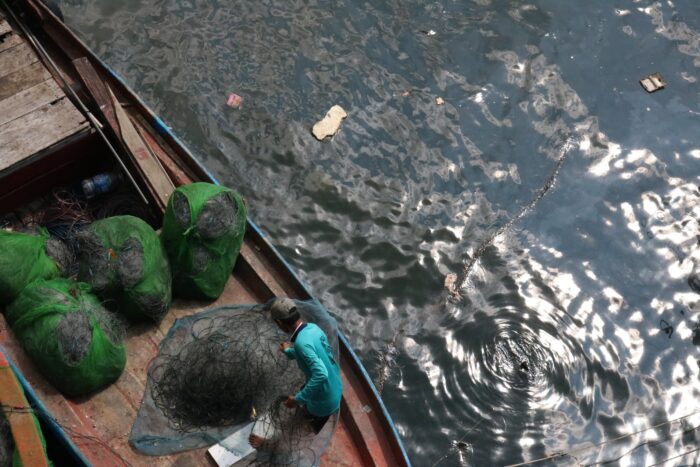
Awareness is also picking up pace, with national governments, non-governmental organizations, and local communities taking action to reverse the tides of plastic, including through Vietnam’s own National Action Plan on Marine Plastic Debris Management until 2030, issued in late 2019. In recognition and celebration of World Oceans Day, USAID is pleased to announce two ways in which Vietnam and the United States are partnering to reduce waste, develop new ways of reusing materials for more circular economies, and increase recycling for healthier cities and seas.
This year, USAID’s global, flagship program to combat ocean plastics–Clean Cities, Blue Ocean (CCBO)–will launch in Vietnam to support rapidly urbanizing cities and communities in turning the tide of ocean plastics. CCBO is a five-year global program (2019-2024) that offers state-of-the-art international technical expertise and implements sustainable, locally-led solutions through its local grants program. In Vietnam, the program will begin working with partners in four engagement sites—Phú Quốc, Danang, Bien Hoa, and Hue—to identify, test, and scale locally-driven solutions to promote the 3Rs (reduce, reuse, recycle) and enhance solid waste management systems, engaging the national and local government, private sector partners, local organizations, and community members to advance the global fight against ocean plastics through local solutions. CCBO will build from and expand on the success of ongoing local government and non-governmental organizations’ initiatives, including those of USAID’s Municipal Waste and Recycling Program (MWRP), which has been working in Vietnam since 2016.
USAID’s MWRP partners with grantees across Vietnam, the Philippines, Sri Lanka, and Indonesia to reduce land-based sources of ocean plastic pollution. So far, through grants and technical assistance, USAID has provided a total of nearly $1.5 million to grantee partners across Vietnam to develop and implement novel approaches to improve solid waste management and increase recycling. For instance, through MWRP, the Center for Environment & Community Research (CECR) worked with grassroot women’s organizations to support Vietnam’s fifth largest city, Danang’s, ambitious waste management and recycling targets. Following a highly successful community-based recycling pilot, CECR expanded its model in residential areas across two additional districts, Son Tra and Thanh Khe, in partnership with key waste management stakeholders, including the citywide Women’s Union and Danang River Watch. As a result, waste transportation and landfill costs decreased in each district due to increased household-level waste segregation and recycling–drawing interest from other districts to replicate the model.
Through local solutions such as these, Vietnam can continue to reduce plastic waste and its impacts on our oceans, cities, and communities. USAID’s CCBO program is currently seeking local grantee partners and accepting Grant Concept Papers from organizations in Vietnam that are interested in and qualified to implement locally-led solutions that support the program objectives. The next deadline for applications is August 28, 2020. Visit the CCBO Grants Program website to download the full Annual Program Statement and to learn how interested organizations can apply.
